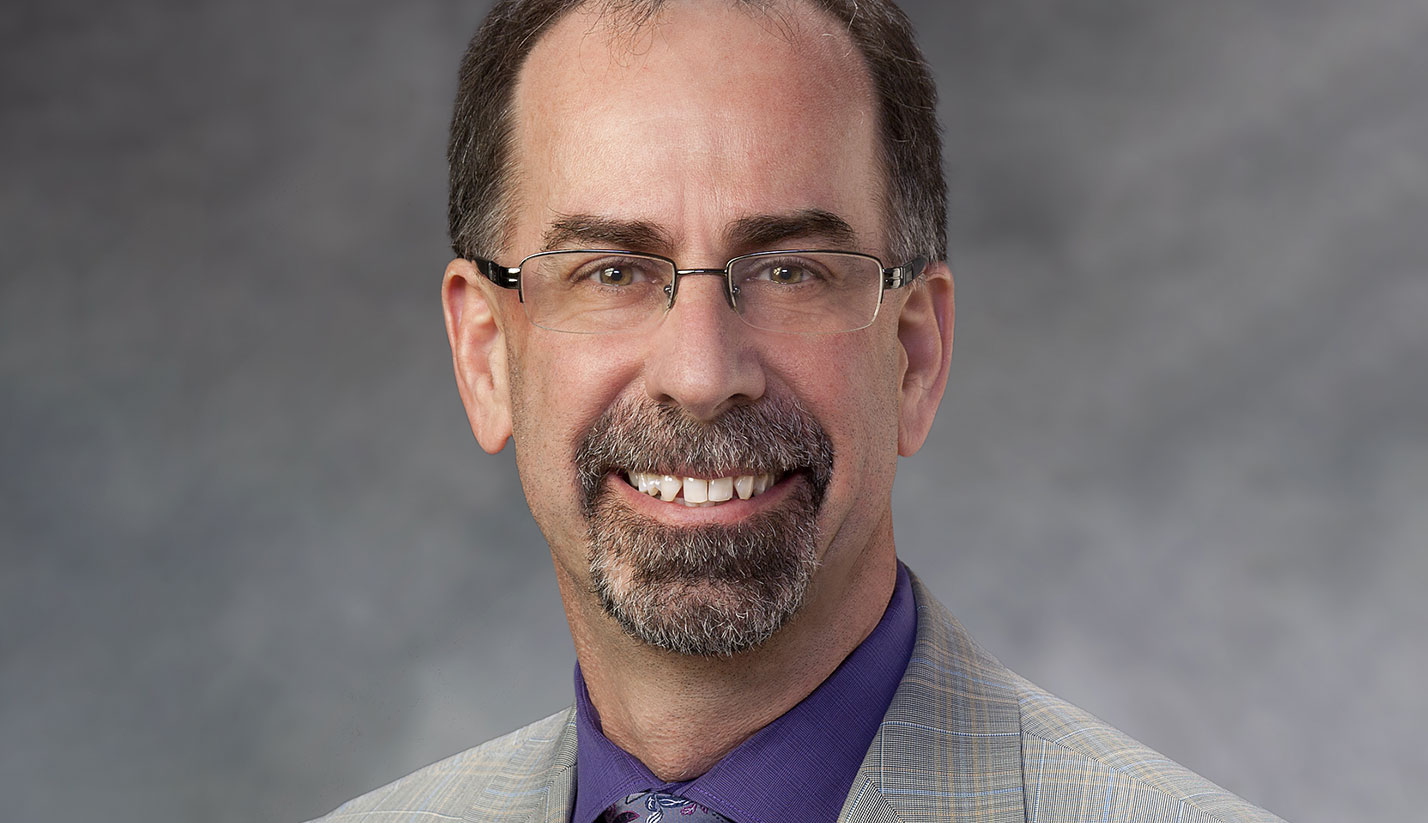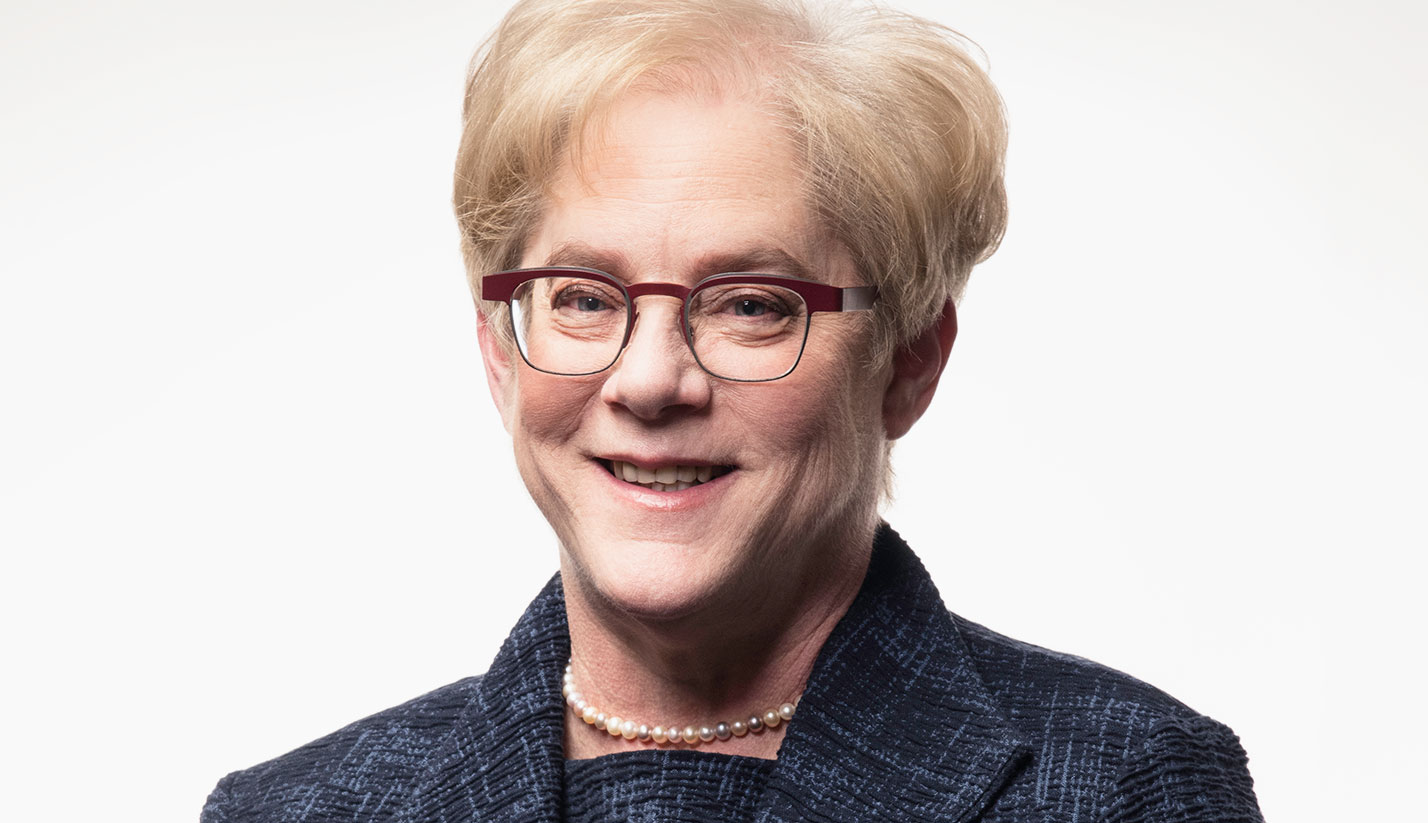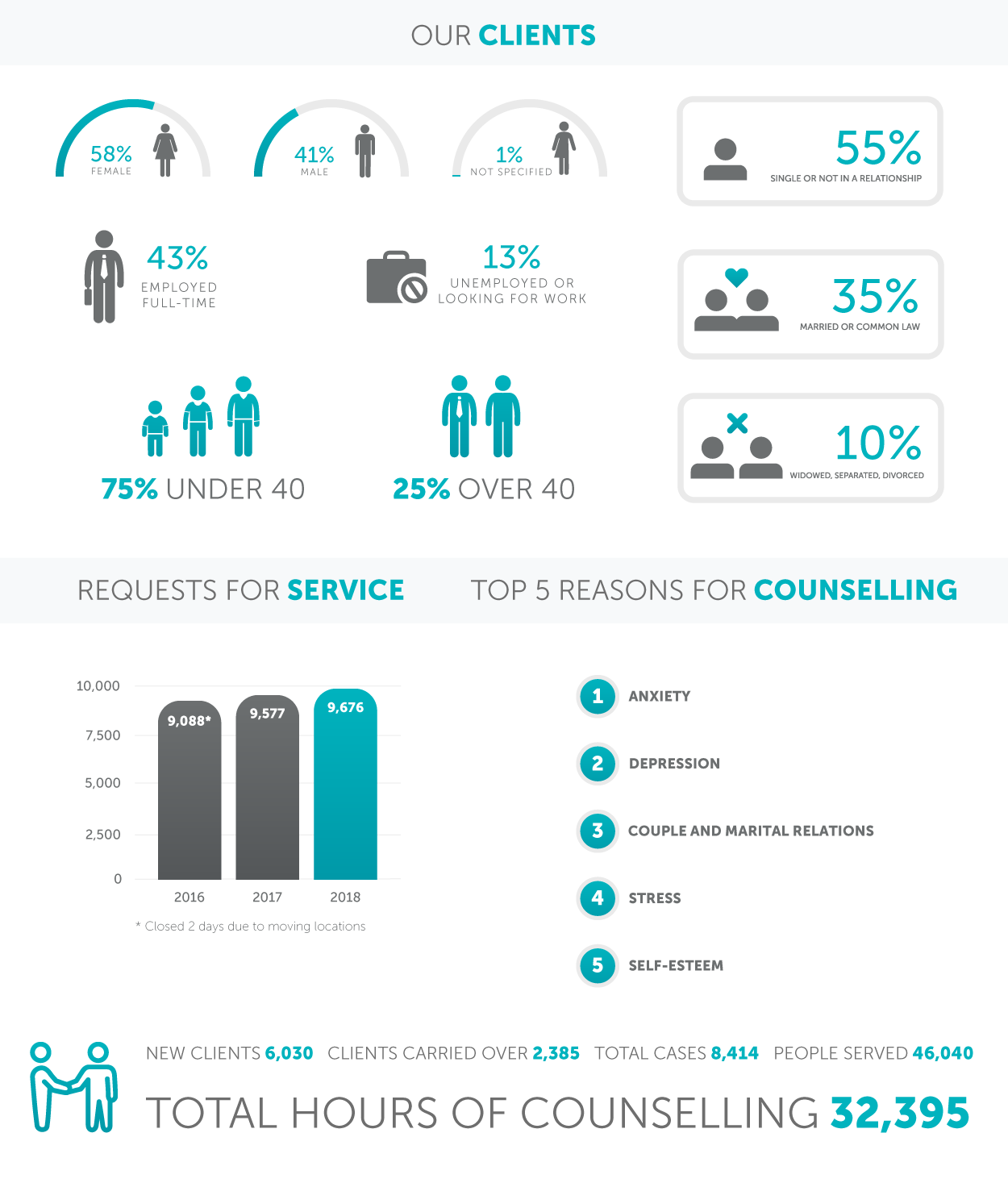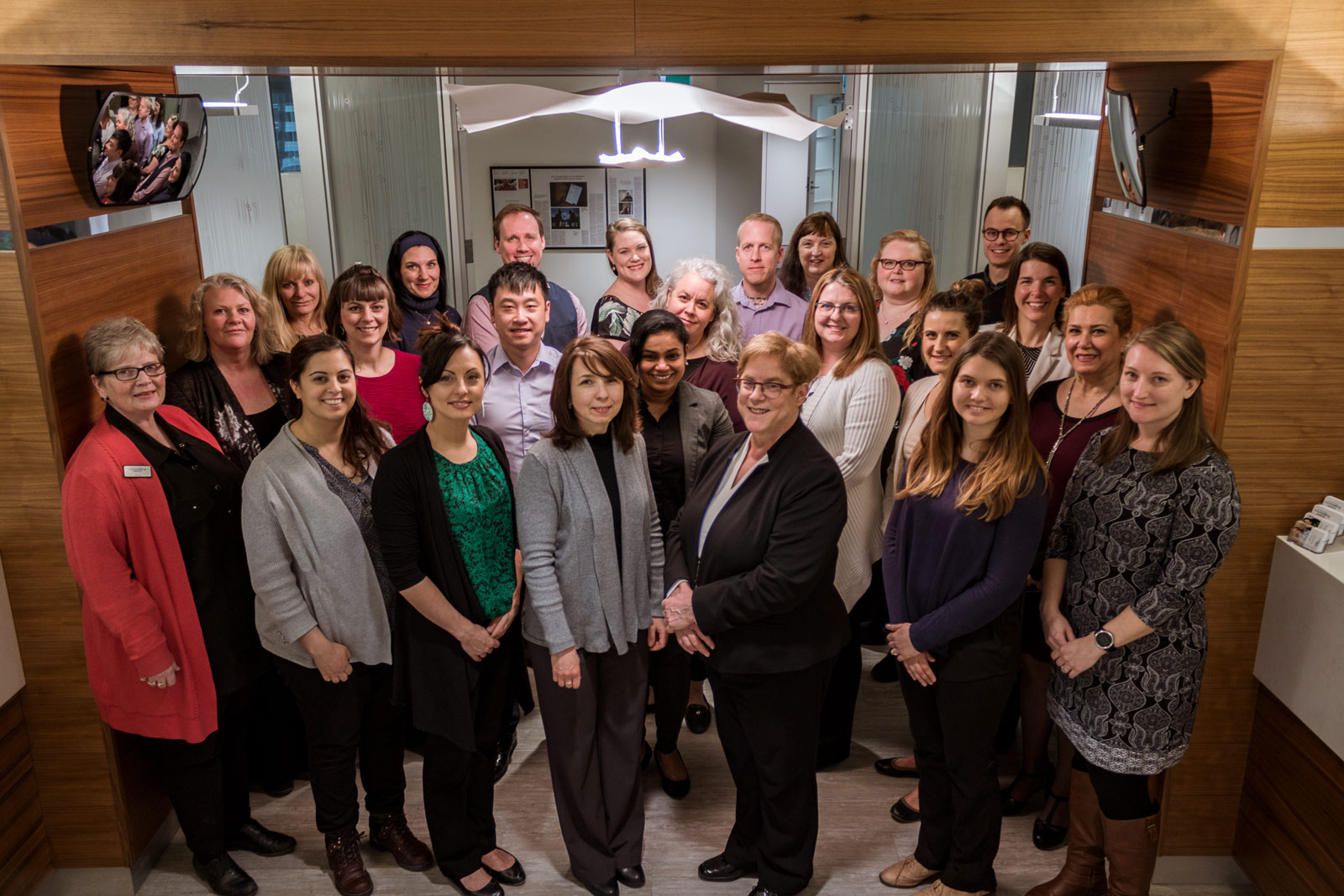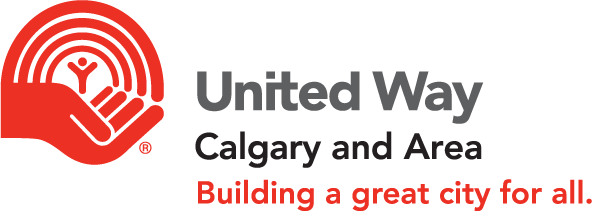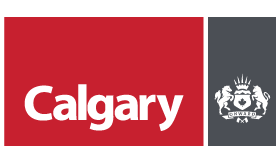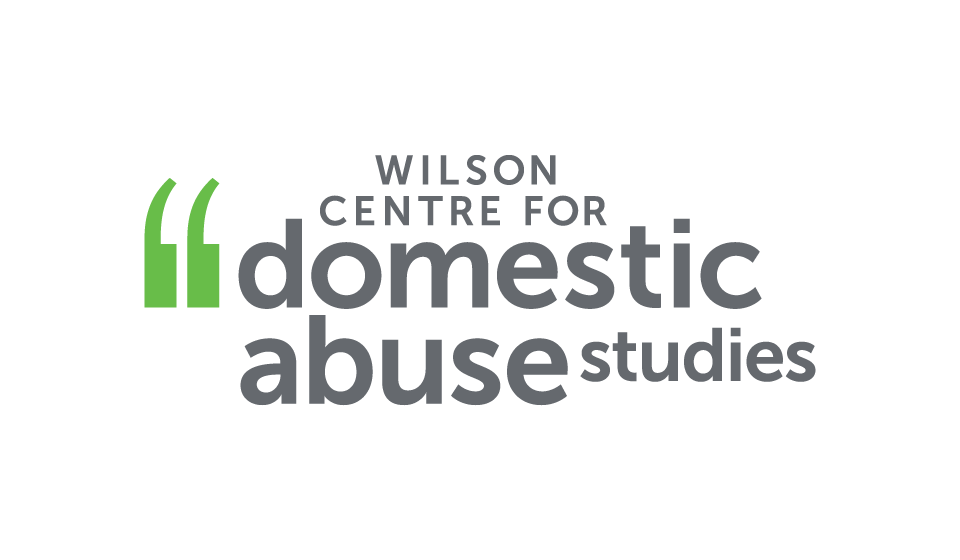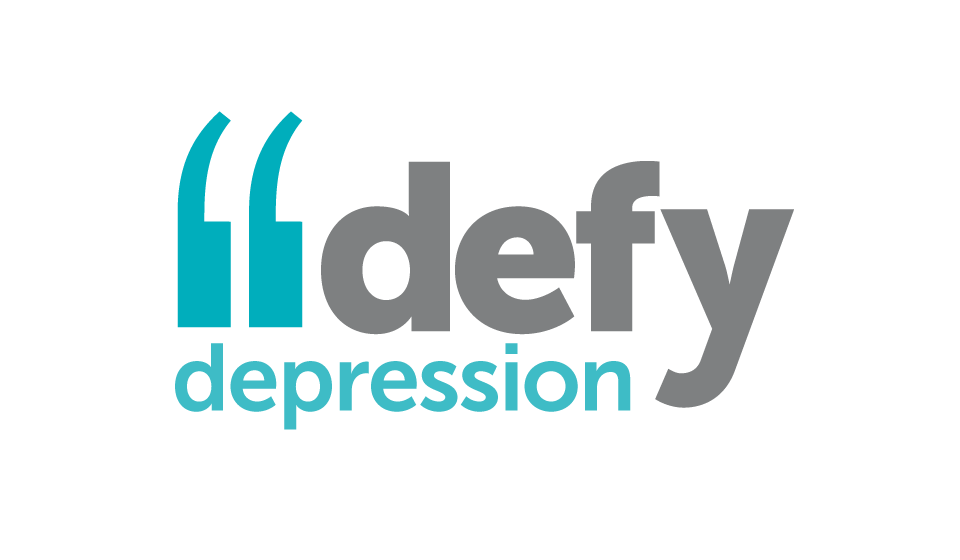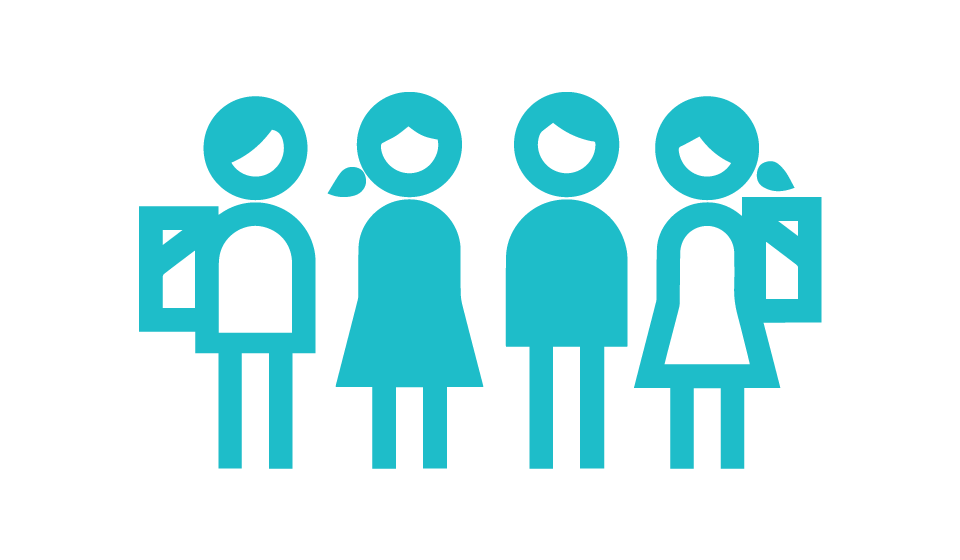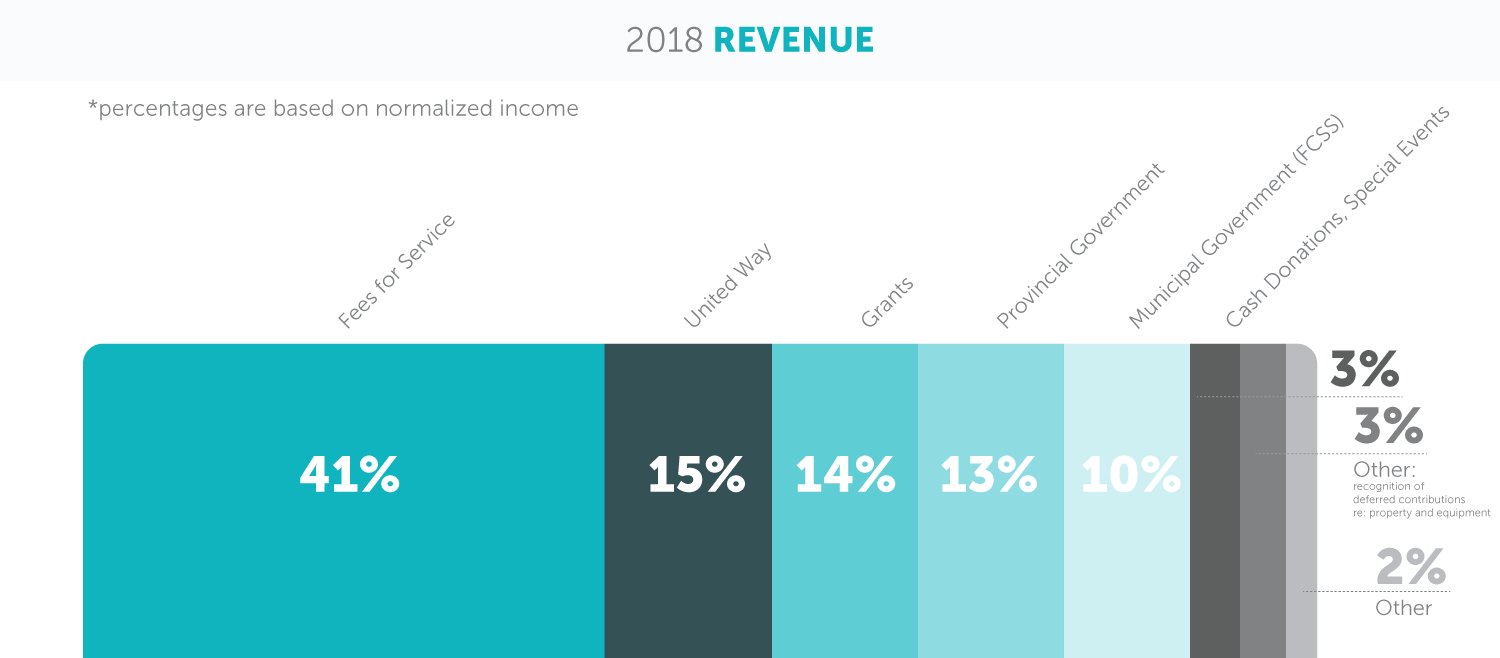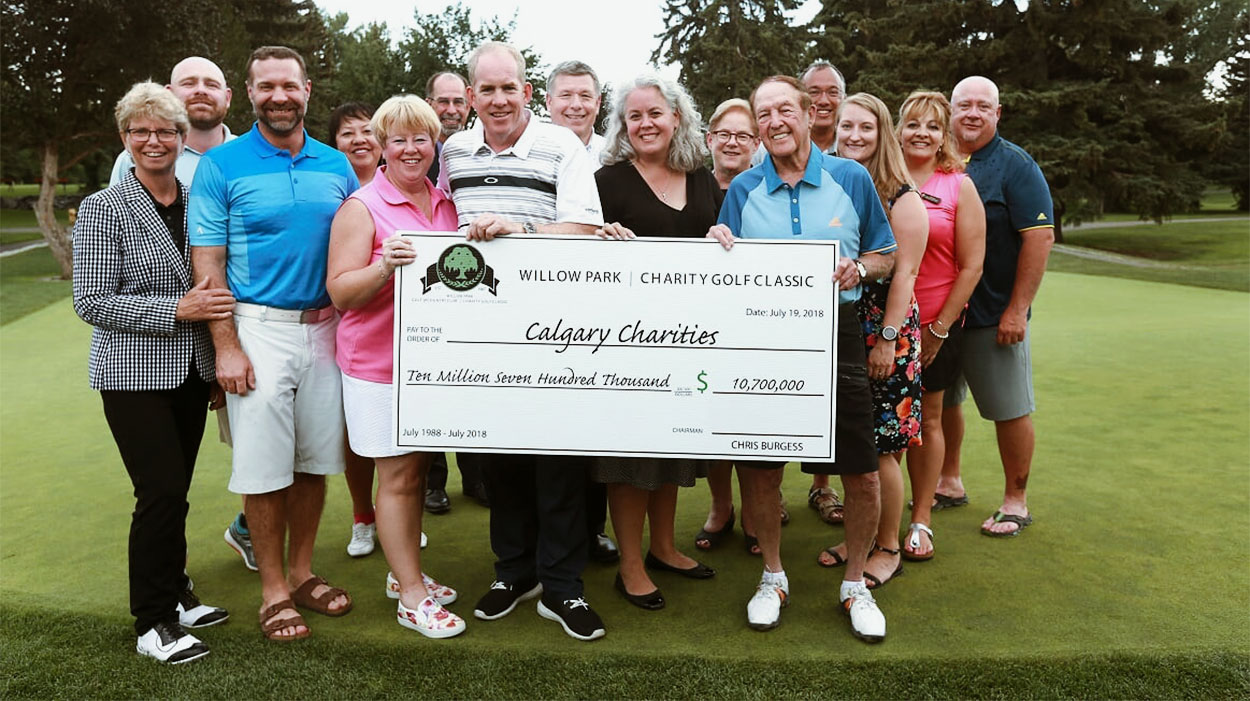Research
Since 1996, one of our core strengths has been our unwavering vision of
building a robust knowledge base to gain a deeper understanding of client
outcomes and the effectiveness of our counselling practice. We apply
research findings to the 'real world' to make a difference — bringing
research to practice in a purposeful way. Leading-edge research is a
cornerstone for the work that we do.
Currently, we have nine research projects underway in our high-quality
research program. We collaborate with other researchers, publish our
findings in peer-reviewed journals, and present our findings at national
and international conferences.
Our use of Feedback Informed Treatment (FIT) is the foundation of our
research and gives us reliable information on outcome measurement that
achieves a number of important goals: it helps our clients achieve better
outcomes, helps us develop more effective programs, and helps improve
counsellor practice.
Research highlights in 2018 include:
-
A collaboration with the Research and Education for Solutions
to Violence and Abuse (RESOLVE) and University of Calgary on a
study: “The multi-faces of intimate partner violence
across the prairie provinces: Men as victims.” We
interviewed 16 men and 11 service providers from Calgary and
area to understand men’s experiences of intimate partner
violence and ways to improve services for men. We will combine
what we learned with our collaborators from Manitoba and
Saskatchewan who facilitated research in their provinces to get
a bigger picture of what men are experiencing and how we could
improve care for men who are survivors of intimate partner
violence.
-
A study to improve mental health outcomes in children using
FIT at two Alberta Health
Services clinics in Calgary. Parents and youth complete a youth outcome
questionnaire prior to each counselling session and the results
are discussed with the youth and parent at the start of each
counselling session. We will look to see how the results of
both clinics counselling outcomes compare to our counselling
outcomes at the Centre.
-
A collaboration with Idaho State University Clinical Psychology
researchers to better understand how the therapeutic
relationship between the counsellor and client predict
treatment outcomes.
-
Developed a trauma informed care training program with three
interactive online training modules. We are positioned to
launch the modules in 2019 to other human service professionals
to better support and intervene with clients who have
experienced trauma.
In addition to our research collaborations and projects, our research team
provides a real-world opportunity for practicum students in social work and
psychology to get experience in practice-based research. New in 2018, we
held a bi-weekly research seminar for our bachelor and master’s
students to understand basic topics of research. Some of the topics covered
included: how to find a good research article and analyze it, how to
perform a literature review, data entry using statistical software, and the
basics of statistical analysis techniques. These seminars are a way for our
students to get a sense of how these basic research techniques are
ingrained into our practices.
We are pleased to have a robust well-developed Provincial Research Advisory
Group — a diverse set of professionals who meets twice a year to provide
input on our research and help connect us with the broader community.
Publications
Berzins, S., Babins-Wagner, R., & Hyland K. (2018).
Relationship of employment status and socio-economic factors on distress
levels and counselling outcomes during a recession. Counselling and
Psychotherapy Research. https://doi.org/10.1002/capr.12164
Breault, L. J., Rittenbach, K., Hartle, K., Babins-Wagner, R., de Beaudrap, C., Jasaui, Y., …
Mason-Lai, P. (2018a). People with lived experience (PWLE) of depression:
describing and reflecting on an explicit patient engagement process within
depression research priority setting in Alberta, Canada. Research Involvement and Engagement,4(1).
https://doi.org/10.1186/s40900-018-0115-1
Breault, L. J., Rittenbach, K., Hartle, K., Babins-Wagner, R., de Beaudrap, C., Jasaui, Y., …
Mason-Lai, P. (2018b). The top research questions asked by people with
lived depression experience in Alberta: a survey. CMAJ Open, 6(3), E398–E405. https://doi.org/10.9778/cmajo.20180034

